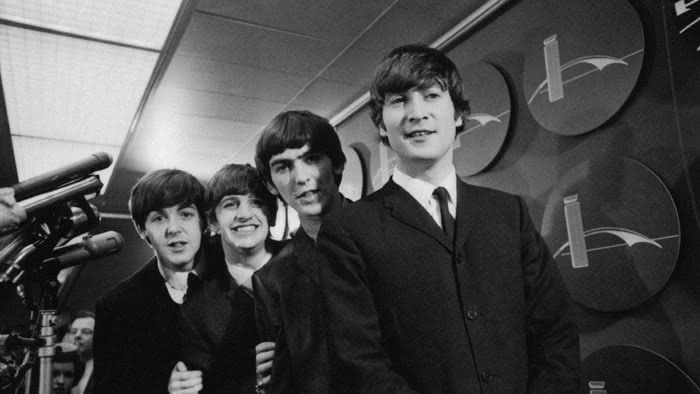Back in 1964, The Beatles made a career-defining decision to aid fighting racial segregation in the United States by refusing to play a concert at the Gator Bowl in Jacksonville, Florida.
The gig in question had been segregated without the bands’ knowledge. Upon discovering that the racial segregation was taking place, The Beatles threatened to cancel the performance.
In a documentary on the band The Beatles: Eight Days A Week director Ron Howard explains that the decision to fight back on this racial injustice was “Their first controversial political stance didn’t have to do with Vietnam, it had to do with segregation in the South. They found out that one of their concerts in Jacksonville, Florida was meant to be segregated and they refused to play it that way. They even had in their contract they would not play to segregated audiences. It was a ludicrous idea to them.’
Check out ‘Help!’ by The Beatles:

In the same documentary, Paul McCartney has detailed the event, explaining “We were due to play Jacksonville in the States and we found out that it was going to be a segregated audience – blacks one side, whites the other – and it just seemed so mad, we couldn’t understand that. So we just said, ‘We’re not playing that!’”
The pressure put on concert officials by the band forced the venue to allow the segregated audience to merge together. When the band walked on stage, John Lennon reportedly addressed the crowd, saying “We never play to segregated audiences and we aren’t going to start now.”
The band even had a contract drawn up that specified that The Beatles would “not be required to perform in front of a segregated audience”.
Check out ‘Penny Lane’ by The Beatles:

Love The Beatles?
Get the latest The Beatles news, features, updates and giveaways straight to your inbox Learn more




































